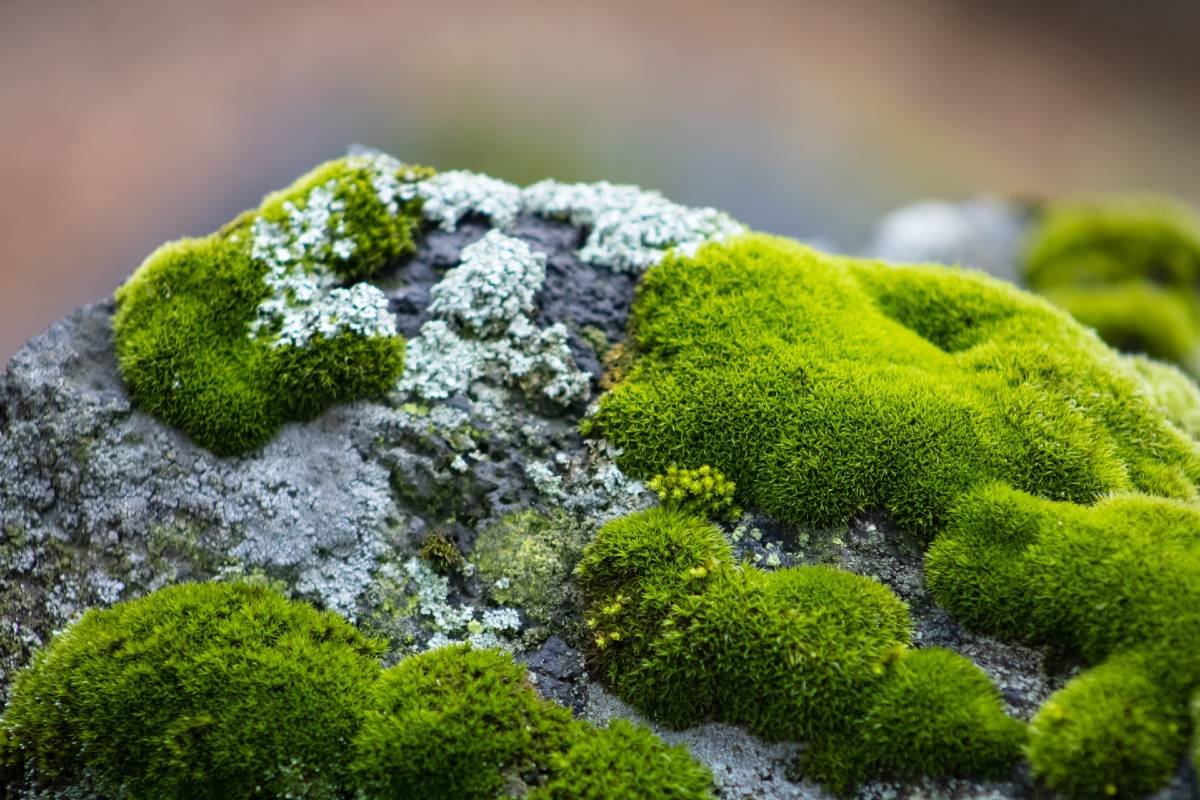Moss – by Jane Rawson
ISLAND | ONLINE ONLYSummer
Looking out the kitchen window at a garden gone dry
Even the fallen camellia petals, the brown slime of them piled beneath the hedge, have crisped and turned to dust.
She boils the jug but can’t face the tea
Runs, instead, the tap in the bathroom until the water pours cold
Soaks a face cloth
Wipes the back of her poor old neck.
The iPad says ding.
She looks at it; does not reach to pick it up.
Ding, it says. Again.
She pulls it toward herself with an outstretched finger, taps the notification blinking on the screen.
‘Tilly has commented on a photo of you.’
‘Merryn has commented on a photo of you.’
What photo. Who would put a photo of her anywhere?
Well, she won’t look.
She looks.
There are no mirrors in her house, a thing her daughter is always on at her to change. She isn’t interested in seeing herself the way she looks now. So the person in the photo is almost entirely unfamiliar: a woman, shrivelled dry like the poor old camellia petals, perched brittle on a bench at the water’s edge.
Rachel, her daughter, took the photo on her phone of course: last Saturday when they were up at Hartz. Her or someone like her, sitting by Lake Esperance. She is chewing away at a muesli bar Rachel had offered to sustain her while she and the children hiked to the summit. Granny won’t mind, will you Granny? Granny will be happier here.
They were right: she was.
She dampens the face cloth again, leaves the tea on the bench to cool.
She seeks out the shade that has fallen over the front porch, the whisper of breeze sliding down from the mountains above. She sits in the canvas chair, seat mildewed, wooden legs wonky from rot, wiping her face and looking up at those mountains above.
She couldn’t say how long she’d been up there before David’s arrival. Time was measured differently those days, if it was measured at all. But it had been thirty years since he’d brought her down here and every summer hotter than the last.
His princess, he’d called her. But then he had found another princess and then he had gone and here she still was. Rachel still visited her daddy, went on field trips now and then; Rachel’s children still wore the little froggy T-shirts he inevitably bought them as gifts. But Nim – because that’s what else he’d called her – had never seen the famous scientist again.
“She remembered it cold and damp. She remembered it dark and green.”
She remembered it cold and damp. She remembered it dark and green. Her first days in a nest beneath the snow, then those brief, bright moments before she stretched new limbs and took cover in a close, green cavern. A life of icy winds, sleet that pricked her skin into life.
Then David’s hands around her his lips on her damp breathing skin and now every day is hot and dry. And up there? Up there, they say, it is hot now. Up there it is dry now. She felt it, sitting by the lake; the wind less icy, the sleet all gone.
She sits inside and looks at the photo. She looks past the strange body she has become, sees the carpet of moss, all its hundreds of forms, feels the chill of puddles cupped between its cushiony green.
‘I want to go home,’ she says.
Before the heat sets in.
Before winter is gone forever.
Before there is no home.
She reaches for the iPad, finds the photo and types beneath it: ‘take me back’. ▼
Images: Aldo Hernandez on Unsplash (top); Jane Rawson (immediately above)
If you liked this piece, please share it. And please consider donating or subscribing so that we can keep supporting writers and artists.


